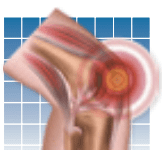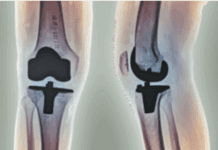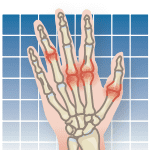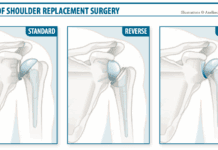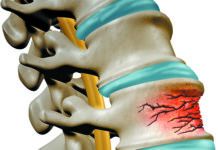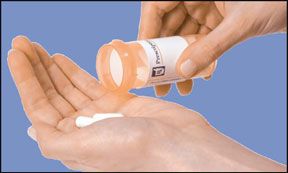Although theres no cure yet for rheumatoid arthritis, new drugs may better target disease pathways, improve symptoms, and slow disease progression, says Carmen Gota, MD, a staff physician in the department of rheumatology at Cleveland Clinic. Some of these new drugs use similar mechanisms to existing medications, while others represent entirely new approaches. However, Dr. Gota stresses that "effective treatment of RA is dependent not only on which drug you use, but how quickly and aggressively youre treated, and how soon youre moved to combination therapy if needed." In addition, all RA drugs, including newer ones, weaken the immune system and increase the risk of infection, Dr. Gota says. When embarking on treatment or considering a new medication, benefits must always be weighed against risks. Today, the mainstay of RA treatment are disease-modifying antirheumatic drugs (DMARDs), medications that reduce inflammation and slow the progression of the disease. Methotrexate (Rheumatrex, Trexall) "was the greatest breakthrough before the advent of biologics," says Dr. Gota. This drug has been a first-line treatment for many years. Other commonly used DMARDs include leflunomide (Arava), an effective alternative to methotrexate; hydroxycholoroquine (Plaquenil), often prescribed in combination with methotrexate for patients with moderate to severe disease; and sulfasalazine (Azulfidine), often given with methotrexate plus hydroxychloroquine as part of a triple DMARD combination therapy for patients with a less favorable disease prognosis.
To continue reading this article or issue you must be a paid subscriber.
Sign in






